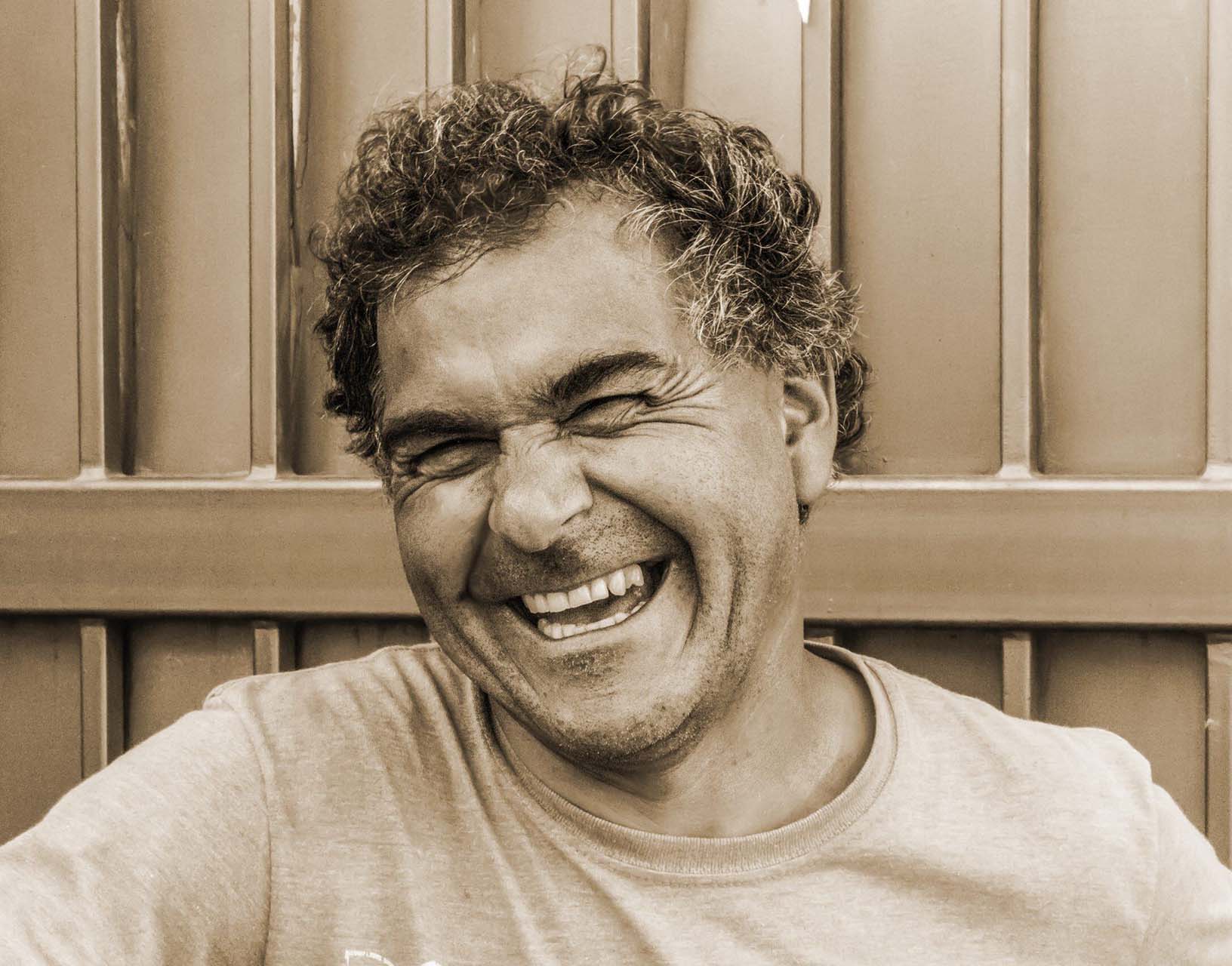
Happiness Is …
- An early morning walk as the sun comes up
- A heartfelt hug
- Support and unconditional love from your family and friends
- Giving support and unconditional love to family, friends and beyond
- ‘Enough’ money
- A warm bath
- A cuddle with the cat
- Achieving a specific goal
- My teenage son’s favourite: a full fridge!
- The middle of a rave
- Silence
- Singing in a choir
- Meaningful work
- Holding hands
Who knew there was an International Day of Happiness? Goodness knows we need one right now, and it’s a helpful reminder but why only ONE day? Why not make it a lifelong habit?
We often hear others – or indeed ourselves saying, ‘I just want my child, mother, brother, best friend, to be happy’, but for many, happiness is elusive or ephemeral, especially in these uncertain times.
So, what is happiness?
Psychologist Daniel Kahneman has defined happiness as, “what I experience here and now“.
Sonja Lyubomirsky has described happiness as, “the experience of joy, contentment, or positive well-being, combined with a sense that one’s life is good, meaningful, and worthwhile
And, according to Ken Dodd, happiness is, “the greatest gift that I possess”.
The quotes about happiness are varied and plentiful and there have been many academic studies hoping to capture the elixir of happiness too. One study though, from Harvard University, stands out in that it has been running for nearly 80 years.
The Harvard Study of Adult Development tracked the lives of 724 men (women weren’t included in the original study as the College was all male in 1938), asking about their work, their home lives, and their health. Here’s what the study director, Robert Waldinger, and colleagues found out about what really keeps people happy and healthy:
1. Social connections are good for us, and loneliness kills. People who are more socially connected to family, friends and community are happier, they’re physically healthier, and they live longer than people who are less connected. People who are more isolated, tend to be less happy and their health declines earlier.
2. Its quality relationships that count. It’s not a numbers game, or whether or not you’re in a committed relationship, but the quality of those relationships that really counts. Staying in high-conflict marriages are potentially worse than getting divorced, and living with good, warm relationships is protective.
3. Good relationships also protect our brains. The study also showed that being in a securely attached relationship to another person in your 80s is protective. People who are in relationships where they feel they can count on the other person in times of need, tend to have memories that stay sharper and longer.
‘The good life is built with good relationships’ – Robert J. Waldinger
Other experts, such as Professor Lyubomirsky, have tried to nail the exact percentages of how happiness is derived, but they now acknowledge that all of the following factors exert major influences on happiness:
- Genetics
- Life circumstances
- Activities
There has also been lots of discussion about to what extent we can influence our own happiness. Whatever the exact amount, many researchers agree that most of us have significant ability to change our experience of happiness. As well as nurturing close relationships, Sonia Lyubormirsky offers many happiness enhancing strategies including:
- Cultivating optimism: Keeping a journal in which you imagine and write about the best possible future for yourself or practicing to find the bright side of every situation.
- Counting your blessings: Expressing gratitude for what you have (either privately – through contemplation or journaling – or to a close other) or conveying your appreciation to one or more individuals whom you’ve never properly thanked.
- Doing more activities that truly engage you: Increasing the number of experiences in which you ‘lose’ yourself which are challenging and absorbing. (aka ‘flow state’)
- Learning to forgive: Keeping a journal or writing a letter in which you work on letting go of anger and resentment towards anyone who has hurt or wronged you
At Complete, we have a new emotional awareness app (iPhone / Android), that, among other things, helps people discover what brings them positive energy. This is directly linked to happiness in that positive energy allows happiness to be more easily experienced. It’s called the E-Bank or energy bank and is very simple and intuitive to use.
Alternatively, you can try the analogue version:
- Draw a line down the centre of a piece of paper and at the top write ‘boosts’ for the first column heading and ‘drains’ for the second column heading.
- List all the people, activities and situations that drain your energy and lead to more or less negative feelings. Just write them down under the heading ‘drains’ as quickly as possible and don’t think about them anymore.
- Next, start on the ‘boosts’ column but with one important difference; as you write, allow yourself to ‘re feel’ the whole experience. Allow feelings such as happiness, to inhabit every part of yourself. You will know if you have this part sussed, as you will start smiling either inwardly or externally!
- Spend 10mins doing this every day for a week and at the end of the week, take a good look at the two lists – can you see any patterns or themes? What conclusions can you draw? What actions could you take that would make even the smallest difference to your happiness and energy?
This single exercise will boost your happiness levels immediately and can be literally life changing.
Let us know about your E-bank experience and share what boosts your happiness. After all, it may be International Day of Happiness, but happiness should never be just one day.